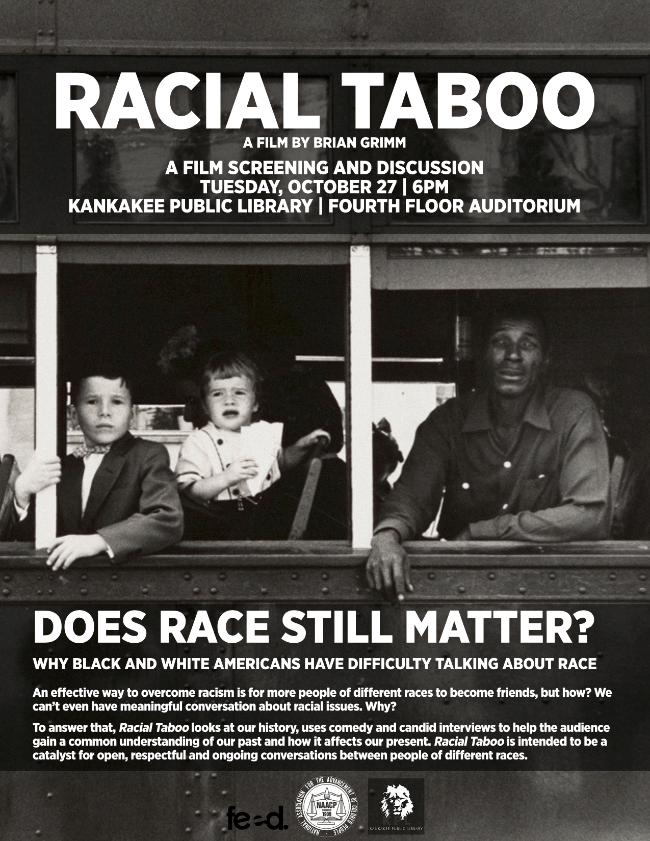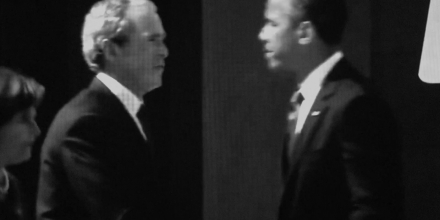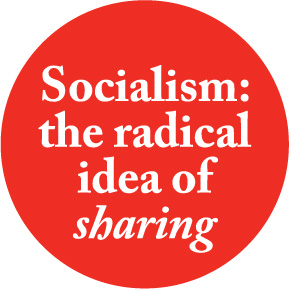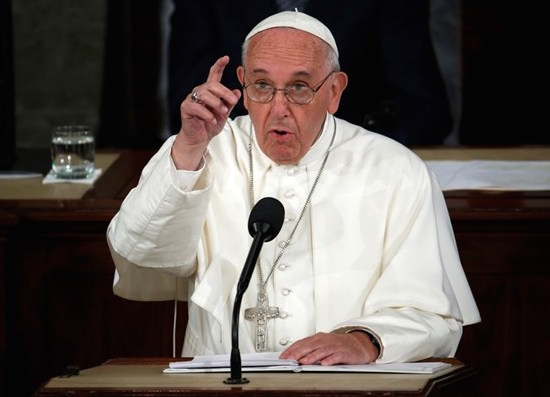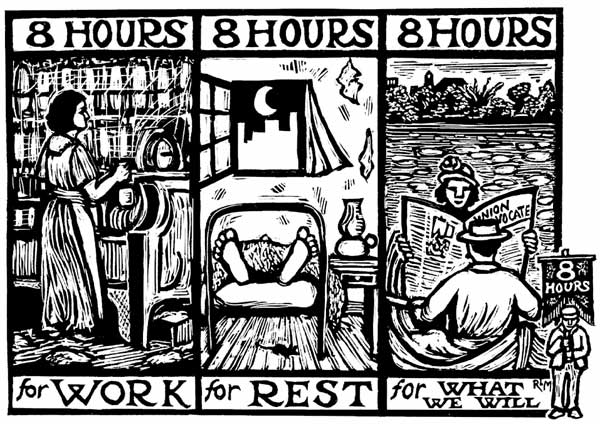Maria Svart of the DSA was on Washington Journal last Sunday to talk about the organization, Democratic Socialism and the Bernie Sanders campaign.
“Do we want a society where greed rules and it’s everyone for themselves and we don’t look out for each other, or do we want a society where we work together?”
